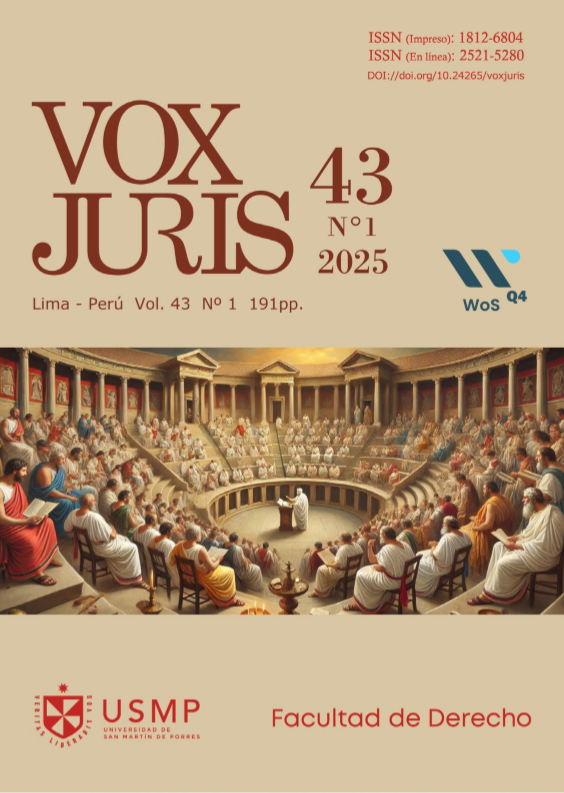SOCIAL AND LEGAL ASPECTS OF TRUST IN THE FIELD OF LAW: REGARDING THE PRINCIPLE OF LEGITIMATE TRUST AND ITS CONNECTION WITH THE RULE OF LAW
Abstract
Trust being a vital aspect of historical development in all societies of the world and it is through it that the legal provisions that safeguard and protect the interests of individuals in society are established, which is why the transit in terms of Its study must start from the initial state of the human being as a social individual, a step for the subsequent creation and appearance of the State until today where it is related to the various areas of daily life.
In this script, it is necessary to approach the subject not from its literal analysis provided for in the current administrative legislation, but to start it from its historical analysis to identify why it is especially associated with the public sphere and in this way to understand the dogma that it achieves its incorporation into law as a social science that seeks to frame social reality through the establishment of legal provisions as norms, which they seek is to generate harmony in social coexistence; However, in principle it is propitious to recognize that trust, in terms of its meaning, is not exclusive to the field of law. Being exact, we refer to a concept that involves subjective aspects, since human beings, through free will and decision-making, decide at what point and aspects they can be sure that their counterpart with their role, promise, work or responsibility in society, this means that in principle it is up to sociology to determine the nature and characteristics of trust.
Without prejudice to recognizing trust as a starting point from its natural meaning, it is important for this research work to address the issue by influencing the historical - dogmatic content that is attributed to the so-called legitimate trust as a social expectation deposited in the State. , through the public administration, being a kind of guarantee against any action and inclusion of omission that occurs in the interactions that exist between the companies and the public administration; However, the same is expected in the internal organizational treatment of the state, not being exclusive only to private - public action but even public - public, that means that not only individuals outside the administrative function are expecting the correct performance of what is known as legitimate trust, but also the various public entities generate expectations in favor of this institution.
It is because of the aforementioned that although its framing is currently established as a procedural principle recognized in the General Administrative Procedure Law - Law No. 27444, its scope has not been immune to controversies and even contradictions, so much so that it is generally It is linked to the resolution production in an administrative procedure through the line of interpretation assumed by a public entity and in some more extreme cases to the resolution production as precedents of obligatory observance, which as we will see is not the most appropriate. .
In this sense, starting from the justification of the existence of the institution studied in the Peruvian legal system, we warn that it is necessary to consider that this treatment goes beyond the request made in an administrative procedure; If indeed there is disagreement in the use of this institution when it refers to the discretionary space proper to some administrative actions or even the contravention of the principle of legality, when faced with a guarantee principle, it is worth remembering that like any aspect related to the interest In general, there must be parameters or limits in terms of its application, which is why this does not prevent the promotion of a broad public law construction of the principle in terms of its application in administrative law, in order to achieve the public purposes of its application. object and purpose.
Downloads
Downloads
Published
Issue
Section
License
Copyright (c) 2024 César Luis Correa Zúñiga

This work is licensed under a Creative Commons Attribution 4.0 International License.
Los autores que publican en esta revista están de acuerdo con los siguientes términos:
- Los autores conservan los derechos de autor y garantizan a la revista el derecho de ser la primera publicación del trabajo al igual que licenciado bajo una Creative Commons Attribution que permite a otros compartir el trabajo con un reconocimiento de la autoría del trabajo inicial en esta revista.


